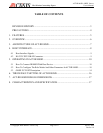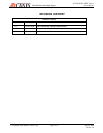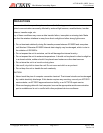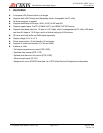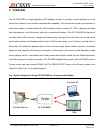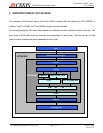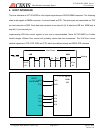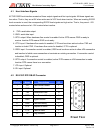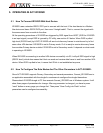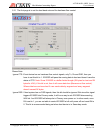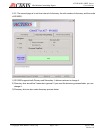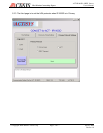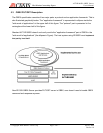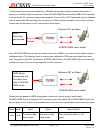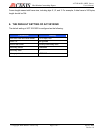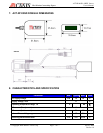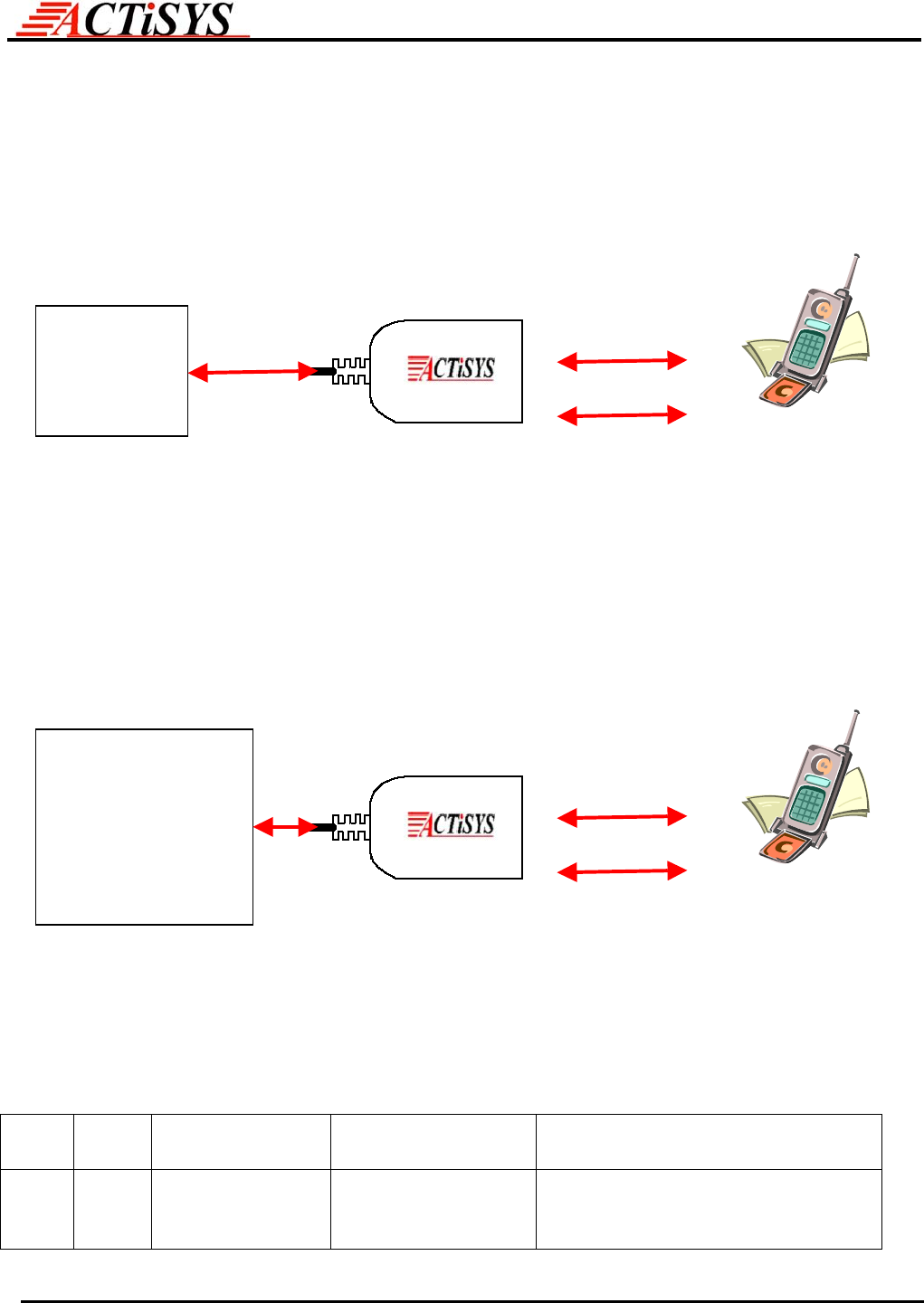
The Wireless Connectivity Expert
ACT-IR100SD OBEX Server
User’s Manual
The following figure shows how cellphone or PDA delivers an object (maybe a phone book record, a
picture or a formatted data) to user’s host. When IR100SD-OBEX-Server receives OBEX PUT command,
it will act like a PUT server and reply proper response. Then it will trim PUT commands sent by cellphone,
only left object data itself and then pass to user’s host. While transferring objects, user’s host is not able
to know how big this object is until it receives the entire object.
Cellphone PUT an Object
Version 1.0
Payload
HOST
device only
gets payload
IR100SD OBEX server replies
Since IR100SD-OBEX-Server can only handle server role in OBEX, so user’s host can’t deliver object to
cellphone directly. The following figure is showing how cellphone or PDA gets some object from user’s
host. They have to give GET command to IR100SD-OBEX-Server. IR100SD-OBEX-Server will wait data
coming from user’s host and create response for GET command.
Cellphone GET an Object
IR100SD OBEX server replies
HOST device
prepare data and
form them, then
send to IR100SD
OBEX server
Please note that based on OBEX requirements, when user’s host is going to send data to
IR100SD-OBEX-Server to response GET command, user’s host should tell IR100SD-OBEX-Server how
big the object is first. So there is a formatted frame that user’s host should obey when it sends this object.
Byte0 Byte1 Byte2 Byte3 Byte4~Byte515
0xAA 0x55
Low byte of data
frame length
High byte of data
frame length
Data ( limited by buffer, 0~ 512
bytes)
Copyright 2000-2006 ACTiSYS Corp.
Page 15 of 17 Oct 30, 2006



